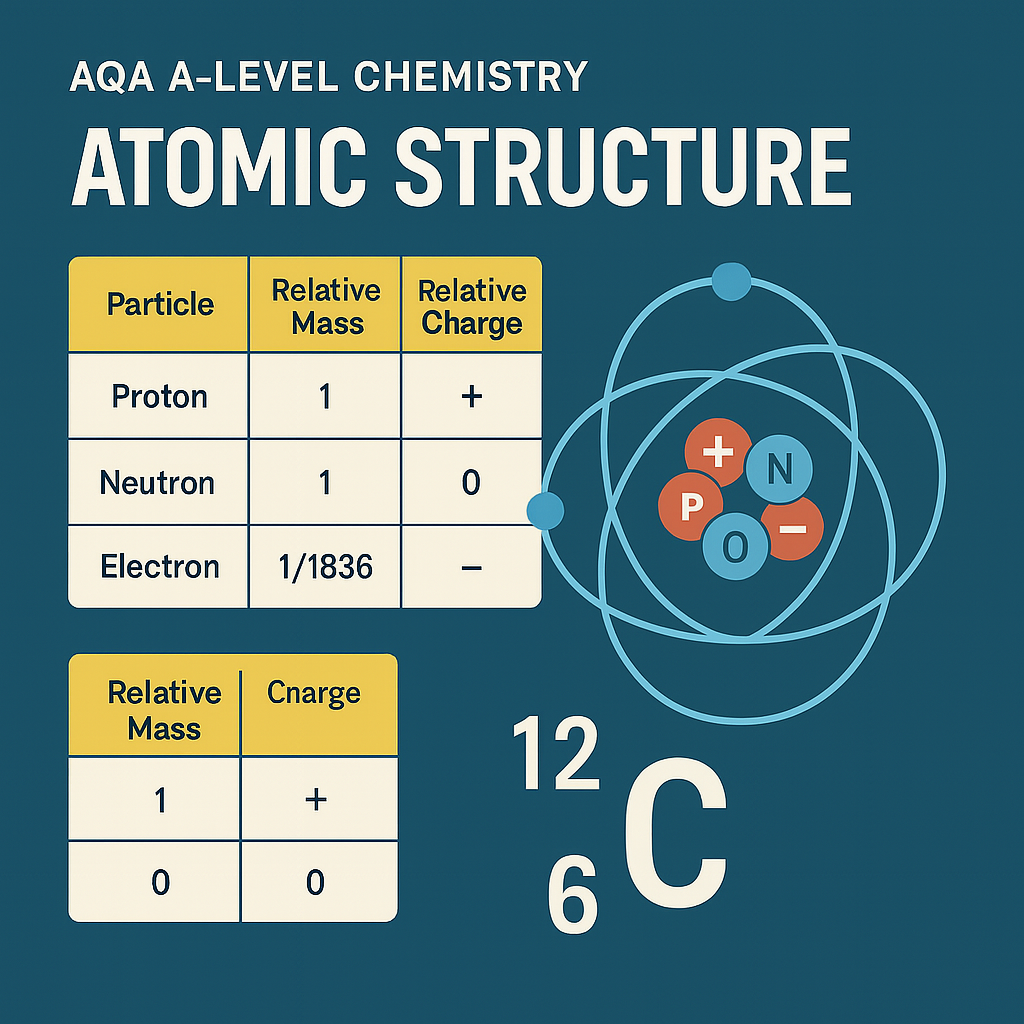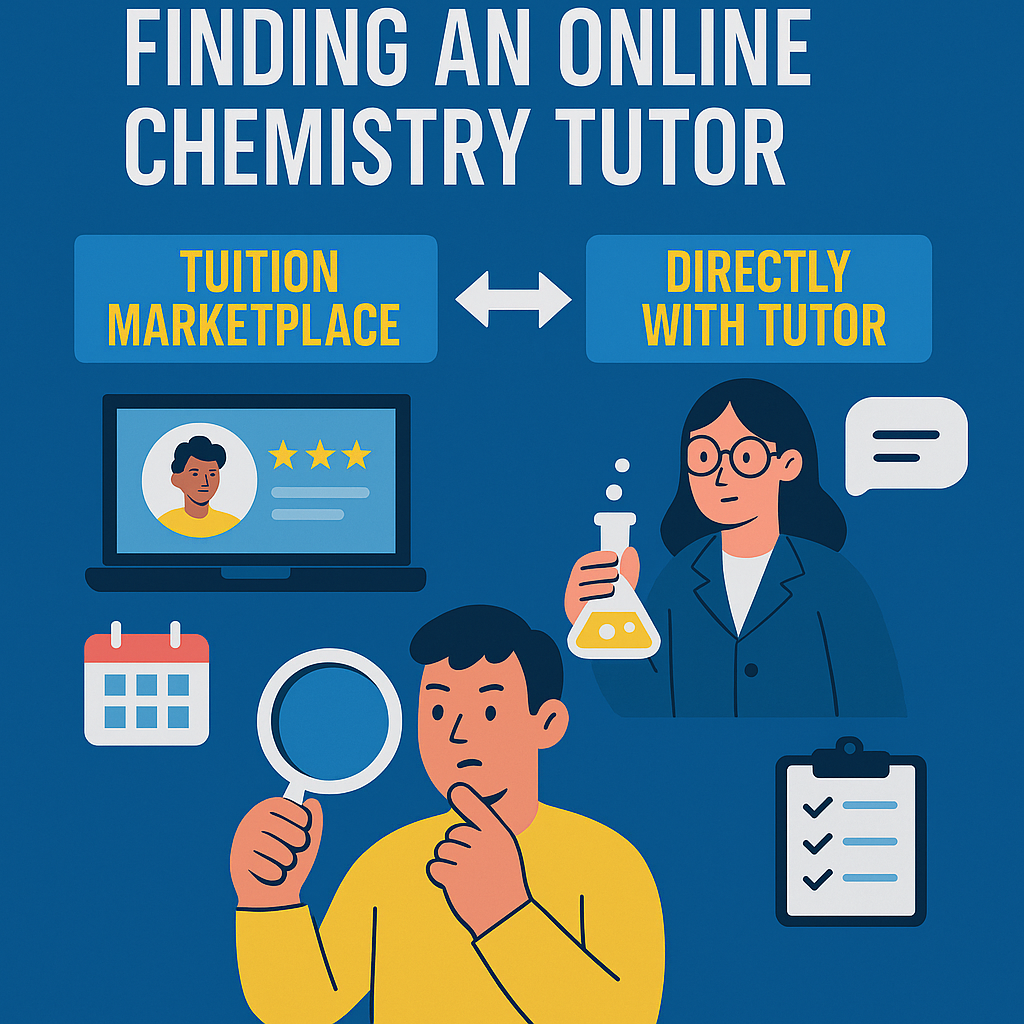Why Online Small Group Tuition Works: A Powerful, Affordable Way to Boost Learning
Chemistry in particular benefits from group work—students can tackle problem-solving questions together, learn from mistakes, and gain clarity on mark schemes.
Online tutoring has transformed education, offering students across the world access to expert support—no matter where they live. While one-to-one tutoring is a well-known option, there’s a rising interest in a more affordable, collaborative model: online small group tuition.
In this post, we’ll explore how small group tuition works, why it’s so effective, and who it’s best suited for. Whether you're a parent, student, or educator, this guide will help you understand why group learning—done well—can offer more than just savings.
What Is Small Group Tuition?
Small group tuition typically involves 2–6 students learning together under the guidance of a tutor. Sessions are structured, interactive, and tailored to a shared learning goal—such as preparing for GCSEs, revising A-Level topics, or building foundational confidence in science or maths.
Online, this format is delivered via platforms like Zoom, Teams, or dedicated learning portals. Students can:
See and speak with the tutor in real time
Ask questions and participate in discussions
Work on shared documents or digital whiteboards
Benefit from peer-to-peer learning, while still receiving individual feedback
Why Small Groups Are So Effective
Done well, small group tuition can match or even exceed the benefits of one-to-one tutoring—for a fraction of the cost. Here’s why it works.
1. Collaborative Learning Builds Deeper Understanding
Group settings naturally encourage students to:
Discuss ideas
Explain concepts to each other
Ask questions that others hadn’t considered
Compare methods and see alternative approaches
This is particularly effective in subjects like Chemistry, where understanding mechanisms, models, and step-by-step problem solving is essential.
Teaching others is one of the most powerful forms of learning—and small group tuition creates regular, structured opportunities for this to happen.
2. Students Learn They’re Not Alone
In one-to-one settings, students sometimes feel isolated—like they’re the only one struggling with a topic. In small groups, they quickly see that others share the same questions, challenges, or misunderstandings.
This boosts:
Confidence
Resilience
Willingness to speak up
Sense of community and support
Learning alongside peers helps students realise they are capable, and that it’s normal to need help along the way.
3. Group Tuition Is More Affordable
One of the main barriers to private tuition is cost. Small group sessions typically cost:
30–60% less per student than one-to-one lessons
Often as little as £25–£35 per hour
This makes high-quality tutoring more accessible for more families—especially when preparing for high-stakes exams or covering multiple subjects.
Importantly, affordability doesn’t mean compromise. Students still benefit from:
Expert guidance
Structured lessons
Resources and practice materials
Accountability and regular feedback
4. Group Sessions Are Still Personalised
Many assume that group lessons = generic content. But that doesn’t have to be the case.
With small groups:
The tutor gets to know each student’s strengths and needs
Sessions are paced appropriately for the group
Topics are targeted to what this group needs—not a fixed curriculum
There’s time to answer individual questions and give targeted feedback
In fact, some students thrive more in this environment because it feels less intense or pressured than one-to-one tuition.
5. Learning Feels More Natural and Engaging
Learning is a social experience. When students feel connected to others, they’re more likely to:
Stay motivated
Push themselves
Celebrate progress
Laugh, reflect, and enjoy the journey
A good group dynamic makes tuition feel more like a study club than a remedial lesson. This is particularly valuable for teens, who benefit from supportive peer environments and shared goals.
6. Students Stay Accountable (Without Feeling Micro-Managed)
One-to-one sessions can feel intense. If a student is tired or unfocused, the lesson can drag. In groups, students:
Feel gently motivated by others’ participation
Stay on track through shared discussion
Are more likely to prepare in advance
The tutor also uses peer engagement to:
Ask for contributions
Model answers and explain misunderstandings
Guide the session without relying on just one student
This shared responsibility keeps things flowing, even on days when individual motivation is low.
7. It’s Ideal for Exam Preparation and Content Revision
Small group tuition shines when:
Reviewing key topics
Practising exam technique
Working through past papers
Identifying common mistakes
Learning how to structure answers
It mimics the kind of revision many students say they wish they had time for—focused, interactive, collaborative, and led by someone who knows the exam inside out.
Many tutors even create exam-focused group courses in the run-up to mocks, GCSEs, or A-Levels—giving students a way to revise affordably and effectively with peers.
8. It’s More Flexible Than You Think
Online group tuition is:
Easy to schedule—after school, weekends, or holidays
Accessible from anywhere with Wi-Fi
Less disruptive than travelling to a centre
Flexible in group size—some tutors offer short courses, half-term intensives, or ongoing small groups
Sessions can be recorded (with consent), resources shared digitally, and progress tracked with shared documents or apps.
For students with busy lives, extracurriculars, or transport limitations, this flexibility makes a big difference.
9. Group Tuition Builds Long-Term Learning Habits
One of the hidden benefits of group tutoring is that it:
Normalises asking questions
Encourages collaborative problem solving
Builds discussion and reflection skills
Develops exam confidence through shared practice
These habits aren’t just helpful for passing exams—they’re essential for sixth form, university, and beyond.
Group tuition helps students become more independent, curious, and resilient learners.
What Makes a Great Small Group Tuition Experience?
Not all group tuition is created equal. To be effective, it needs to be:
Well-structured: with clear objectives and follow-up resources
Run by an experienced tutor: who knows how to manage groups and pace lessons
Small enough: so every student gets time and attention
Targeted to ability: with students working at a similar level
Supportive and respectful: creating a safe space to ask questions and try
When these elements are in place, the results can be transformative.
Who Is Online Small Group Tuition Best For?
It’s a great fit for students who:
Want extra support but can’t afford weekly one-to-one sessions
Prefer not to be the sole focus of a lesson
Like discussing and sharing ideas
Are preparing for key assessments and want revision structure
Want to supplement schoolwork with guided practice and feedback
Struggle with motivation and benefit from peer accountability
It can also work well for confident learners who:
Want to deepen their understanding
Like a challenge and enjoy discussion
Need exam practice and mark scheme insights
What Subjects Work Best in Groups?
While small group tuition can be used in most subjects, it’s especially effective in:
GCSE Science and Maths
A-Level Chemistry, Biology, Physics
English (Literature and Language)
Exam technique sessions
Essay planning and coursework feedback
Verbal reasoning or entrance exam prep
Chemistry in particular benefits from group work—students can tackle problem-solving questions together, learn from mistakes, and gain clarity on mark schemes.
Final Thoughts: Why Group Tuition Isn’t a Compromise—it’s a Strategy
Some assume that if you’re not doing one-to-one lessons, you’re getting a second-rate option.
That couldn’t be further from the truth.
Done right, online small group tuition is a powerful, dynamic, and cost-effective way to learn. It brings together the best parts of tutoring (expert guidance, personalised support) and the best parts of classroom learning (collaboration, discussion, and social learning).
It’s accessible, motivating, and—most importantly—it works.
Interested in Joining a Small Group Tuition Programme?
Dr. Marguerite Quinn offers high-impact Chemistry tuition for GCSE and A-Level students in small online groups—combining expert teaching with peer collaboration.
👉 Book a free consultation to learn more about upcoming group sessions and how they can support your learning goals.





Understand AQA A-Level Chemistry Section 3.1.1.2 on mass number and isotopes. Learn key definitions, isotope notation, calculations, and how this topic builds your scientific and exam skills.